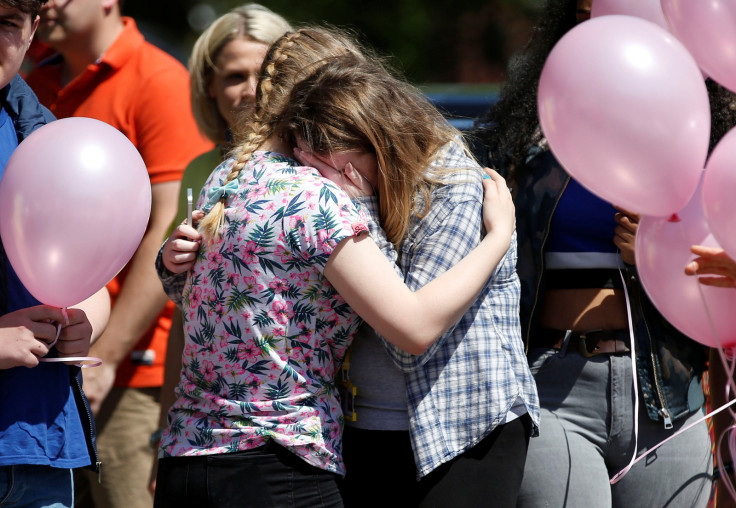UK police: Schools must prepare children to cope with terror attacks
First counter-terror campaign aimed at children follows spate of UK attacks.
Police chiefs have launched the first counter-terror campaign aimed at children following the spate of attacks that have hit the UK this year. The new film features such celebrities as survival expert Bear Grylls and England striker Jamie Vardy and urges young people to "run, hide, tell" if they are caught up in a terror incident.
Counter-terrorism officials' advice is that people should first try to flee an attack - or alternatively find somewhere safe to hide - and then alert authorities. The campaign comes after Britain suffered five terror attacks in 2017, including a suicide bomber at a pop concert at Manchester Arena in May, killing 22, many of whom were teenagers.
Counter-terrorism police already run a number of public campaigns highlighting what to do in the event of a terrorist attack. But they have now drawn up a version for 11 to 16-year-olds, which they say should be taught in schools and colleges as part of the national curriculum.
The film warns against people getting out their phones out during terror attacks and to concentrate on fleeing the scene instead.
The Parsons Green attack in September was highlighted by police as an example of the public not following their advice to "run, hide, tell" in the event of a terror incident.
Instead, people stopped to record images and video of the partially-exploded bomb on a Tube train, which were posted online within minutes.
Double Olympic Taekwondo gold medallist, Jade Jones, also appears in the film, telling youngsters that when there is a terror attack: "Real champions run."
Bear Grylls adds: "I've tackled some of the most dangerous environments on earth, but in the event of a terrorist attack there is only one thing I would advise: run, hide, tell."
Met Police deputy assistant commissioner Lucy D'Orsi said: "We appreciate that talking to young people about terrorism can be scary, for parents and children alike.
"But the atrocities in London and Manchester have sadly resulted in some of the youngest victims of terror this country has ever seen, and if we are able to teach children to act in a way which could potentially save their lives then it is our responsibility to do so."
The NSPCC said around 300 young people have contacted it since April who were anxious about terrorism. John Cameron, head of helplines at the charity, said adults can help a child by listening to their worries, passing on the run, hide, tell advice, and "reassuring them that these events are rare".

© Copyright IBTimes 2025. All rights reserved.





















